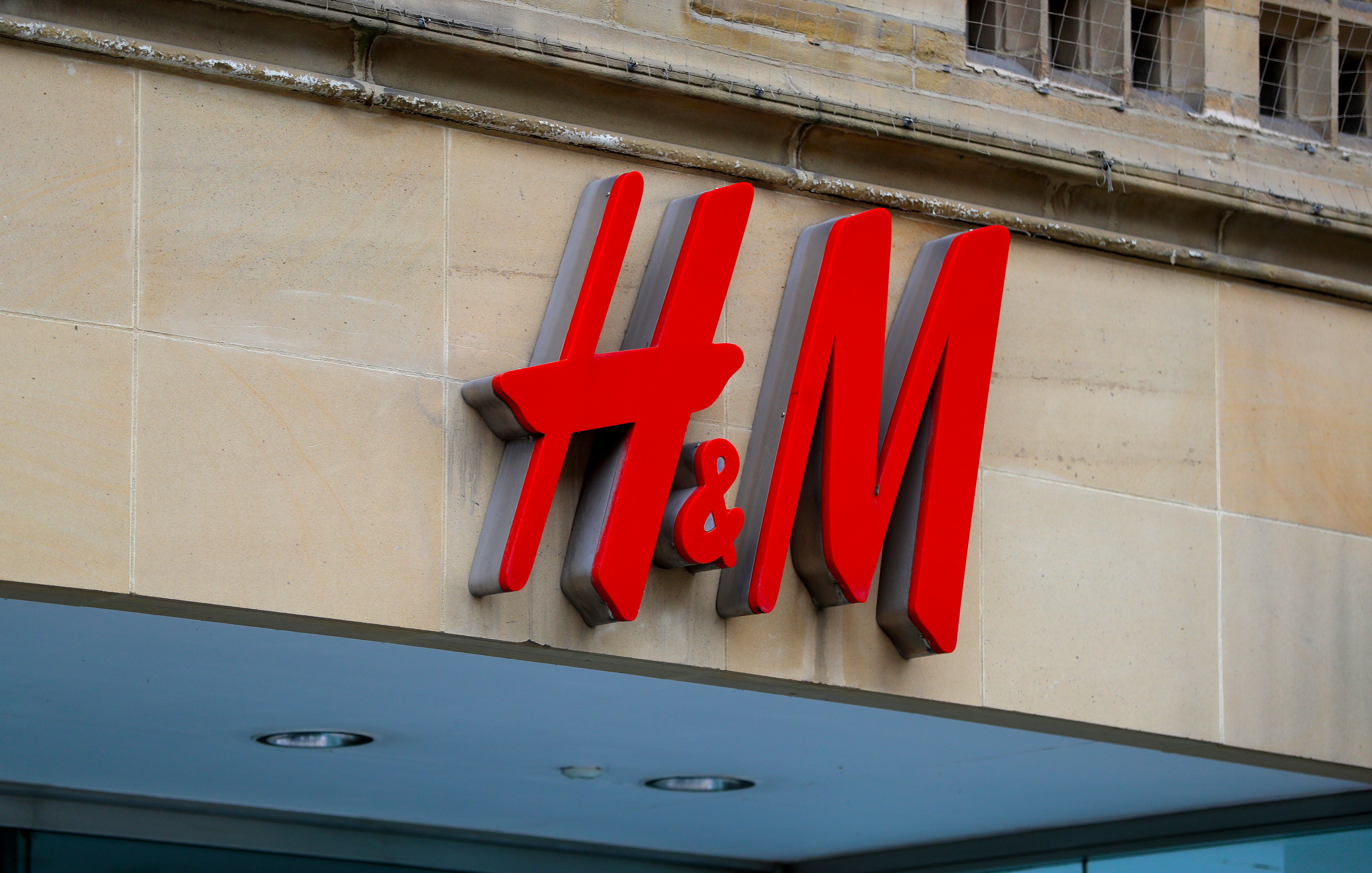H&M sales slow after closures in Russia
Earlier this month, the company paused all sales in Russia, Belarus and Ukraine, affecting 185 stores.

H&M has reported a sudden slowdown in sales after it halted operations in Russia due to the invasion of Ukraine.
The company paused all sales in Russia, Belarus and Ukraine, affecting 185 stores, earlier this month and also stopped online sales in Russia.
It told shareholders that sales from March 1 to March 28 increased by 6% against the same period last year.
However, it represented a significant reduction in growth after the company posted an 18% jump in net sales to 49.16 billion Swedish krona (£4 billion) for the three months to February 28.
Helena Helmersson, chief executive of the group, said it is “deeply concerned” about the war in Ukraine.
“Other than effects associated with the paused sales in Russia, Belarus and Ukraine, the group’s other plans remain in place,” she added.
We saw a recovery of sales in physical stores compared with last year, while online sales continued to perform well. This shows the value of having both physical and digital channels which strengthen and complement each other
“Our flexibility is good, which enables us to act quickly as circumstances change in the world around us.”
Russia is H&M’s sixth biggest market, representing 4% of sales, and the halt to operations in the region comes amid a continued boycott in China, previously one of its biggest markets, after it raised concerns over cotton sourced from the Xinjiang region.
Shares in the Sweden-listed business dropped to a two-year low on Thursday as investor sentiment waned on the update.
H&M also revealed it swung to an operating profit of 458 million Swedish krona (£37.5 million) for the quarter to February as it was boosted by a rise in full-price sales.
It highlighted that it was still nonetheless impacted by the spread of the Omicron variant of coronavirus during the period and was “impacted by extensive restrictions” in some countries.
Ms Helmersson added: “In addition to the general consequences of the pandemic such as disruptions and delays in the supply chain, some of our major markets were impacted by a new wave of the pandemic in the first quarter.
“Despite this we saw a recovery of sales in physical stores compared with last year, while online sales continued to perform well.
“This shows the value of having both physical and digital channels which strengthen and complement each other.”
Bookmark popover
Removed from bookmarks